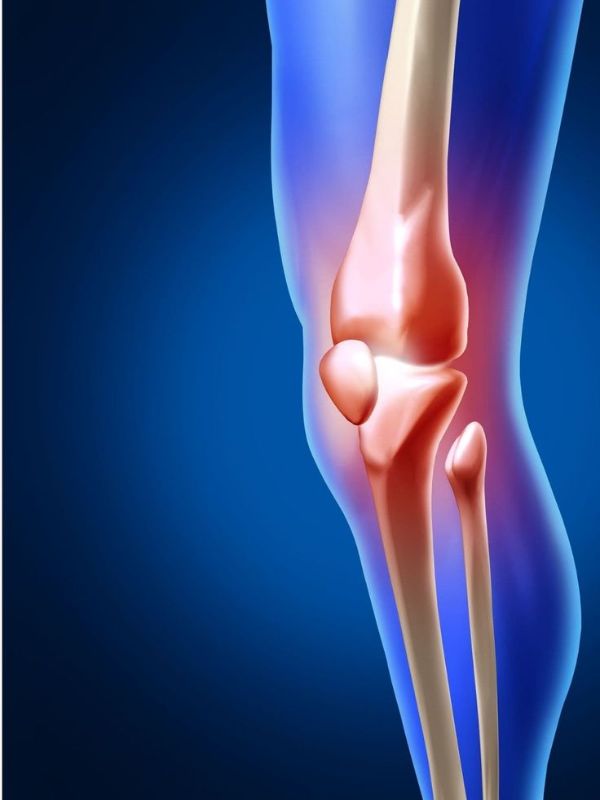Feeling bloated? Struggling with water retention? Need a natural way to detox your body? Parsley tea is an ancient herbal remedy known for its powerful detoxifying, digestive, and anti-inflammatory benefits.
This simple yet effective tea is packed with vitamins A, C, and K, antioxidants, and natural diuretic properties that help cleanse the body, reduce bloating, and support kidney health. But does it actually work? And how can you make it at home?
In this article, we’ll explore the science-backed health benefits of parsley tea, how it supports overall wellness, and an easy recipe to prepare it at home. Let’s dive in!
Health Benefits of Parsley Tea
1. A Natural Detox for the Liver and Kidneys
Parsley is rich in flavonoids, chlorophyll, and vitamin C, which help flush out toxins from the liver and kidneys.
According to research in Oxidative Medicine and Cellular Longevity, parsley extract has hepatoprotective properties, meaning it protects and enhances liver function.
You should drink 1–2 cups of parsley tea daily to support liver and kidney health. Best consumed in the morning or before bed for optimal cleansing effects.

2. Reduces Bloating and Supports Digestion
Struggling with water retention and bloating? Parsley tea is a natural diuretic, meaning it helps the body eliminate excess fluids.
A study in The Journal of Ethnopharmacology found that parsley extract significantly increases urine output, making it effective in reducing bloating and promoting kidney health.
Additionally, its digestive enzymes support the breakdown of food, improving gut health and preventing gas. If you struggle with indigestion, drink ½ cup of parsley tea before meals to stimulate digestive enzymes.
3. Boosts Immunity with Vitamin C and Antioxidants
Parsley is an excellent source of vitamin C, a key nutrient that strengthens the immune system and fights free radicals. Just one cup of parsley tea can provide a significant amount of your daily vitamin C needs.
According to a study in Nutrients, vitamin C enhances white blood cell production, helping the body fight infections.
During cold and flu season, drink a cup of warm parsley tea with honey and lemon to boost immunity. The vitamin C and antibacterial properties help fight infections and soothe the throat.

4. Supports Heart Health and Lowers Blood Pressure
The potassium and flavonoids in parsley tea support heart health by reducing blood pressure and improving circulation.
A study published in Phytomedicine found that parsley helps relax blood vessels, reducing strain on the cardiovascular system.
Drinking parsley tea may help those with hypertension and improve overall heart function when combined with a healthy diet.
5. Helps Regulate Blood Sugar Levels
Parsley tea may be beneficial for those managing blood sugar levels. A 2020 study in the Journal of Herbal Medicine found that parsley extract lowered blood glucose levels in diabetic rats, suggesting that it may support blood sugar control.
When consumed regularly, parsley tea may help prevent sugar spikes and improve insulin sensitivity.

6. Aids in Weight Loss and Metabolism
Trying to lose weight? Parsley tea is low in calories but high in metabolism-boosting nutrients. Because it acts as a diuretic and supports digestion, it may help with eliminating excess water weight and improving fat metabolism.
A 2014 study in Food & Function confirmed that compounds in parsley help regulate fat metabolism and prevent fat accumulation in the liver.
7. Supports Bone Health with Vitamin K
Parsley tea is an excellent source of vitamin K, which is essential for bone health and calcium absorption.
Research in The American Journal of Clinical Nutrition found that people with higher vitamin K intake had better bone density and a lower risk of fractures.
If you’re looking to strengthen your bones naturally, adding parsley tea to your daily routine is a great choice.

8. May Help Balance Hormones and Improve Menstrual Health
Women have long used parsley tea as a natural remedy for menstrual irregularities and hormone balance. It contains apiol and myristicin, compounds known to stimulate the uterus and regulate menstrual flow.
A study in the Journal of Herbal Medicine found that parsley may help relieve menstrual cramps and regulate cycles. Women experiencing cramps or irregular periods can drink parsley tea 2–3 days before menstruation.
However, pregnant women should avoid excessive consumption due to its mild uterine-stimulating effects.
How to Make Parsley Tea at Home
Ingredients:
- 1 cup fresh parsley leaves (or 2 tablespoons dried parsley)
- 2 cups filtered water
- 1 teaspoon lemon juice (optional, for extra detox benefits)
- ½ teaspoon raw honey (optional, for taste)
Instructions:
- First, bring 2 cups of water to a boil.
- Next, add the fresh or dried parsley to the hot water.
- Then, let it steep for 5–10 minutes.
- Strain the tea into a cup and add lemon juice or honey, if desired.
- Enjoy warm or chilled!

Cautions and Precautions
While parsley tea is generally safe, excessive consumption can lead to excessive diuretic effects, causing dehydration.
If you have kidney disease, low blood pressure, or take blood-thinning medication, consult a doctor before drinking parsley tea regularly.
Pregnant women should be cautious, as parsley can stimulate the uterus. If you are pregnant or breastfeeding, limit your intake and consult a healthcare provider.
Disclaimer
This article is for informational purposes only and is not a substitute for medical advice. Always consult your healthcare provider before using herbal remedies, especially if you have underlying health conditions.

This Simple Parsley Tea Recipe Can Boost Your Health in Days
